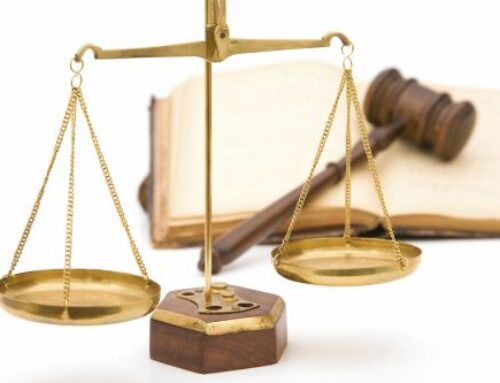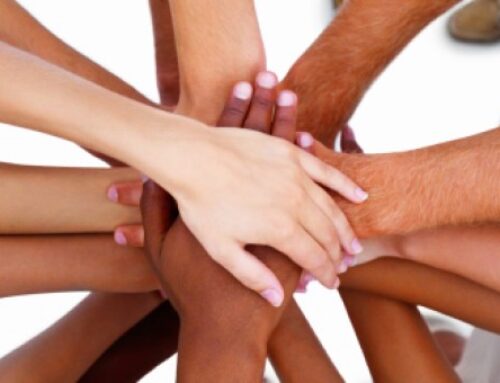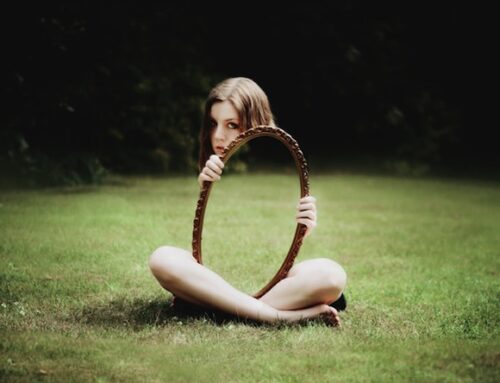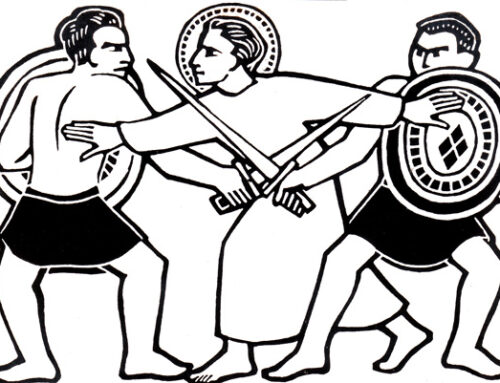The Lottery is a Tax on the Poor
January 13, 2016
Categories: Justice
The Powerball jackpot reached 1.5 billion this week. For many people, this motivated them to make a dash for the nearest gas station to buy a lottery ticket.
Not me. In fact, I’m against the lottery, and I think our communities would be a better place if the lottery didn’t exist.
The reason: The lottery is basically a tax on the poor.
Research supports this statement. One paper in the Journal of Gambling Studies concluded that the poor are the leading patrons of the lottery. A second study found that individuals lowest in socioeconomic status had the highest rates of lottery gambling.
Why is there a link between being poor and playing the lottery? One factor might be lack of education. The odds for winning the 1.5 billion dollar jackpot this week are 1 in 292 million, which is far less than being killed by an asteroid (1 in 700,000), being killed by lightning (1 in 164,968), dying by drowning (1 in 1,113), or even being struck by lightning while drowning (1 in 183 million). Perhaps uneducated people don’t quite understand that playing the lottery is basically throwing your money away.
A second factor might relate to different cognitive approaches held by the middle-class and the poor. In her book, A Framework for Understanding Poverty, Ruby Payne argues that the middle-class and the poor have different cognitive frameworks for how they organize their lives. For example, the middle-class are usually future-oriented, and focus on education, saving money, and improving their future status. The poor, in contrast, are usually present-oriented, and focus on maximizing the enjoyment of their lives in the present moment. In a way, this makes sense. If you live in a dangerous neighborhood and don’t know what tomorrow will bring (or if you will even be here), you might as well spend whatever money you have today.
And if that money spent today gives you a chance at radically improving your circumstances, no matter how small a chance, it might make sense to give it a try.
And that leads us to the question of justice. The lottery is similar to a tax—the money from lottery sales is used to generate revenue for states. With the normal tax system, we have come to an agreement as a society that the wealthiest individuals should pay more than the poorest individuals. But with the lottery, we do the opposite. We have a ‘tax-like’ system that targets the poorest individuals in our communities.
Discussion: What do you think of the lottery? Do you see it as a tax on the poor, or do you have a different perspective?
Related Thoughts
2 Comments
Leave A Comment

Subscribe To My Newsletter
Join my mailing list to receive the latest blog posts.
Receive my e-book “The Mental Health Toolkit” for free when you subscribe.






Educated households see the lottery as a tax on the poor. But if you are in generational poverty, in the bleak winter of survival, the lottery – $1 – is a huge source of hope and entertainment. It allows for two or three days of unfettered envisioning of a wonderful future. And if it does not materialize, that is expected. But for those two or three days, the sun shown, the cold disappeared, and hope returned. Hope is one of the greatest gifts of living. A $1 lottery ticket is insignificant in that larger frame. As a matter of fact, so is $20. It bought hope.
Thanks for your comment Ruby–that’s a really interesting point. I hadn’t thought about the connection between the lottery and hope.